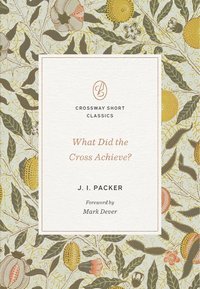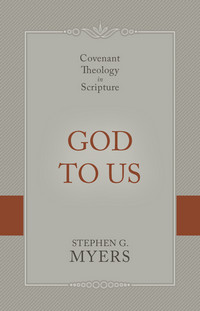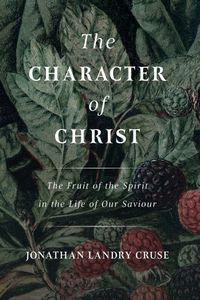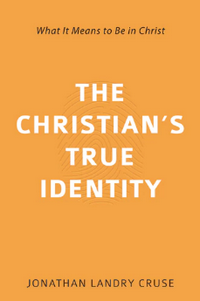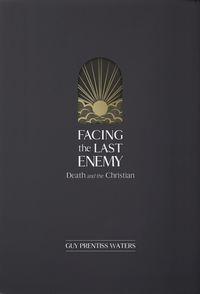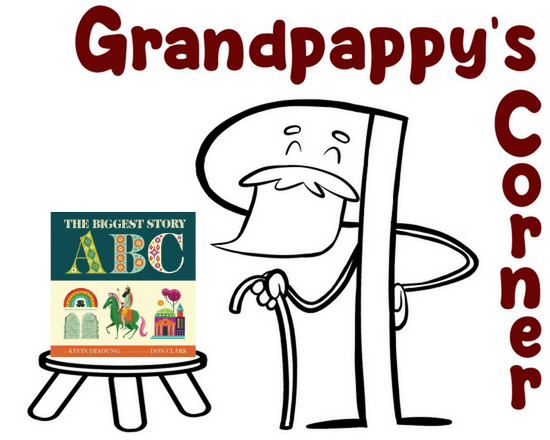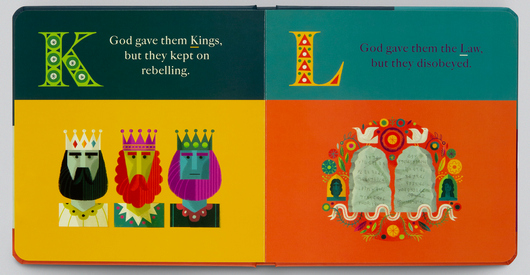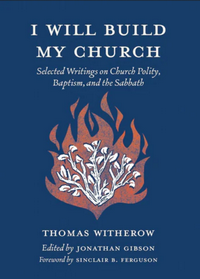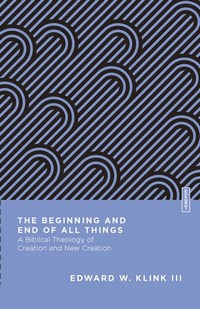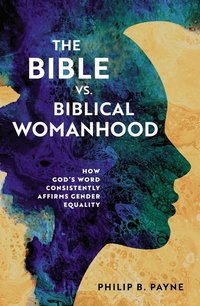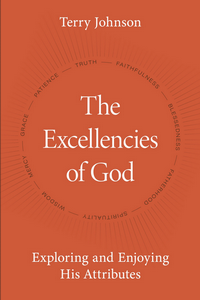 The Excellencies of God:
The Excellencies of God:
Exploring and Enjoying
His Attributes
DETAILS: Publisher: Reformation Heritage Books Publication Date: October 23, 2022 Format: Hardcover Length: 347 pg. Read Date: October 23-November 20, 2022

The Excellencies of God‘s Jacket Copy
God’s attributes is the most practical of subjects, inspiring and shaping the entire Christian life. Contemplating who God is and what He has promised to do can bring great comfort to the most despairing soul. Moreover, it brings immense delight to all those who recognize their chief end as the glory and enjoyment of God. In The Excellencies of God, Terry L. Johnson explores several aspects of the divine character and shows how they play a crucial role in our Christian experience. May God’s mercy and grace, His patience and wisdom, His truth and faithfulness, His spirituality and blessedness prove to be a blessing to all who peruse these pages.
The Table of Contents
That’s kind of vague, so let’s look at the TOC.
Preface
Introduction: The Christian and the Attributes
The Mercy, Grace, and Patience of God
1. The Mercy of God
2. The Grace of God
3. The Patience of God
The Truth and Faithfulness of God
4. The God of Truth
5. Liberating Truth
6. Pursue and Proclaim the Truth
The Blessedness of God
7. The Blessed God
8. Our Blessedness in God
The Fatherhood of God
9. God Our Father
10. Pleasing Our Father
11. Our Father’s Children
12. Our Father’s Care
The Spirituality of God
13. The God Who Is Spirit
14. Serving an Invisible God
15. Spiritual Mindedness
16. Spiritual Worship
17. True Worship
The Wisdom of God
18. God Only Wise
19. Wisdom and Folly
20. Seeking and Submitting to God’s Wisdom
So, what did I think about The Excellencies of God?
I struggled to write a post about Johnson’s The Identity and Attributes of God two years ago, and I find myself in a similar position now with this follow-up. I went with the bare minimum above because it fits the book—Johnson lays things out very matter-of-factly, and you get exactly what the TOC lists. He takes each thought and explains it using citations from Scripture, the Fathers, Reformers, and some contemporary writers—with some illustrations of hymns.
I have the impression that Johnson gives 50-60% of the text, and the rest are quotations (mostly a sentence or less). I did not (would not) try to verify that—and I’m pretty sure I’m wrong, but that’s my impression as a whole. I wanted more of Johnson and less of everyone else. I think this is about the same as the previous volume, and I had a similar thought about it—but overall it was so good, I didn’t care. This book was a little less impressive so it stuck out to me more.
I don’t think I get the selection of the major topics and how they flowed one from the other—the chapters within each topic, on the other hand, flowed nicely.
Is this a decent read? Yeah, but it tends to the dull-side with the repeated quotations. But beyond that, it’s a pretty straightforward and thorough look at the topics. It’s helpful, it should push you to look more into some of the ideas that you find more provocative (and the footnotes will help with that). It’s sound and measured, majoring on the majors and not really spending time on minor issues.
It’s a good book that I can recommend without hesitation, I just wanted more from it.

This post contains an affiliate link. If you purchase from it, I will get a small commission at no additional cost to you. As always, the opinions expressed are my own.
![]()



